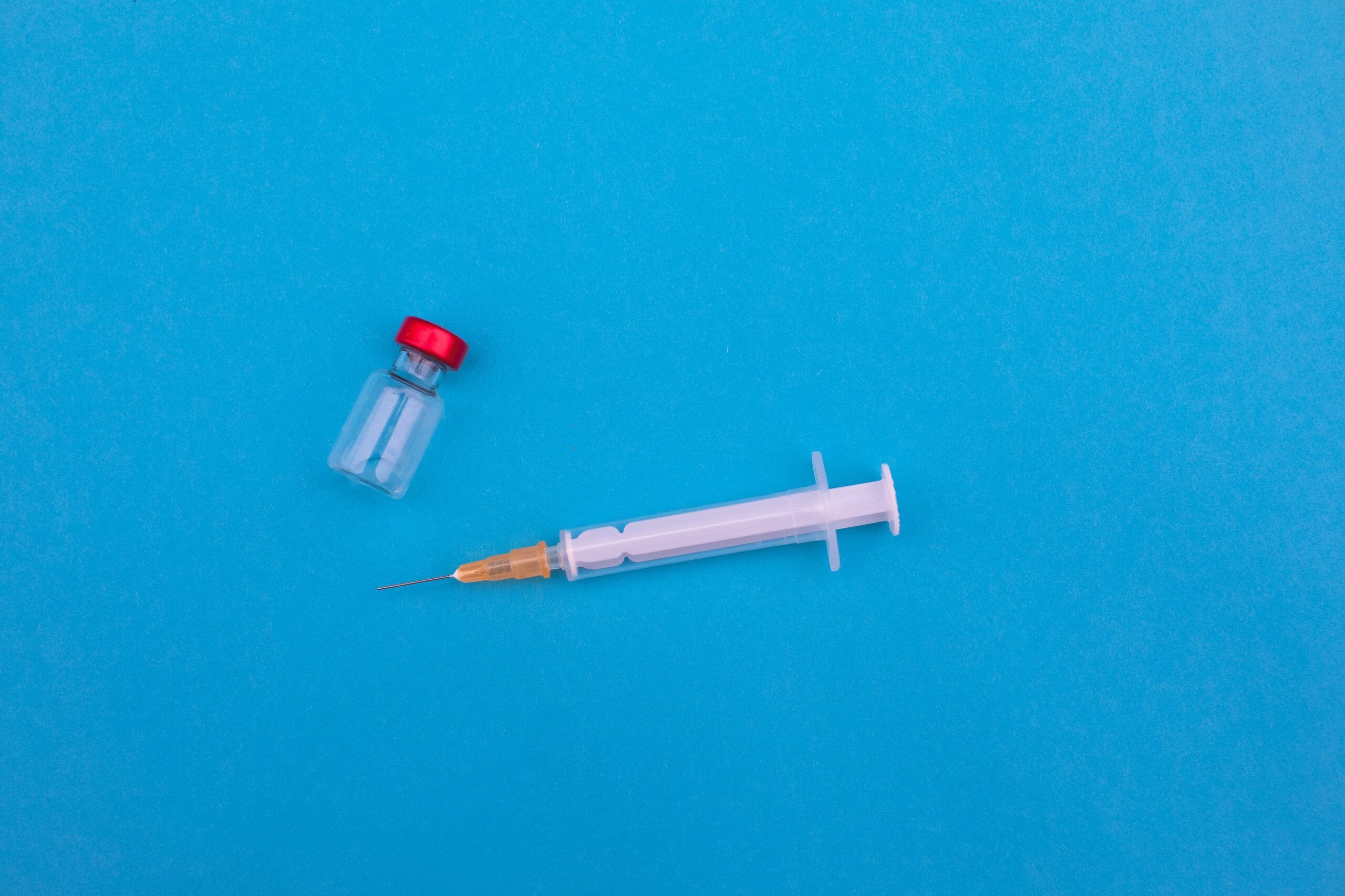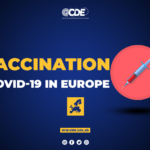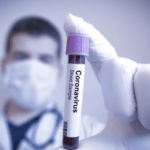This news item shows the evolution of vaccination against COVID-19 in Europe during November. The data for this article were obtained from Our World in Data.
During the month of November a total of 25,442,274 citizens received the full course of COVID-19, which meant that by the end of this month a total of 505,749,276 European citizens had already received the full dose of one of the COVID-19 vaccines.
However, due to the new variants of the virus, since last September some European countries have started to administer a booster dose of the COVID-19 vaccine to some sectors of the population: the over-60s, healthcare workers, people with certain pathologies, those vaccinated with Janssen.
During the month of November, a total of 48,225,507 million citizens received a booster dose of the COVID-19 vaccine. By the end of November, 87,222,432 citizens had received the booster dose.
Vaccination by country
The European countries which, as of this date, had vaccinated the highest percentage of their citizens were: Portugal (88.38 % of their population vaccinated), Malta (83.77 %), Iceland (81.89 %), Spain (80.49 %), Denmark (76.65 %) and Ireland (76.23 %).
The countries in which the rate of vaccination progressed more slowly up to that date and which therefore had a lower percentage of the population immunized were: Armenia (14.72 %), Moldova (23.29 %) Georgia (25.01 %) Bulgaria (25.7 %), Ukraine (26 %) and Belarus (28.72 %).
Booster doses
As regards booster doses, the countries that vaccinated the highest percentage of their population with this dose in November were Israel, where 43.97% of the population received the booster dose, Iceland, with 39.9% of the population vaccinated with this dose, and the United Kingdom, with 27.28% of the population.
Below, we show how the administration of the booster dose is progressing in the top ten countries that have inoculated the most vaccines of this type in Europe:
Vaccination in the most populous countries
As for the countries with the largest number of inhabitants in Europe and with the highest percentage of vaccinated population are: Spain (80.49 %), Italy (73 %), France (69.78 %), Germany (68.14 %) and the United Kingdom (68.03 %).
Hospitalizations in Europe
As of November 30, there were 91,900 hospitalized citizens in Europe. This figure represented an increase in the number of hospitalizations of 57.45 % compared with the end of October.
The largest increase in the number of hospitalized patients compared with the previous month was in the Czech Republic, where the number of hospitalized patients rose by 233%, Poland with an increase of 193.8%, Georgia with an increase of 191.59% and Switzerland with an increase of 183.79%.
The countries where the number of inpatients decreased the most during November were: Estonia, where the number of inpatients decreased by 59.04%, Israel with a reduction of 46.5% and Serbia where the number of inpatients decreased by 40.88%.
Number of hospitalizations per day
The following graph shows the evolution of the average number of hospitalized patients per day during November in Europe. Throughout the month, Poland was the European country with the highest average number of daily inpatients. In the second week of November in Poland, up to 557 citizens were admitted for COVID-19.
More information







Leave a Reply